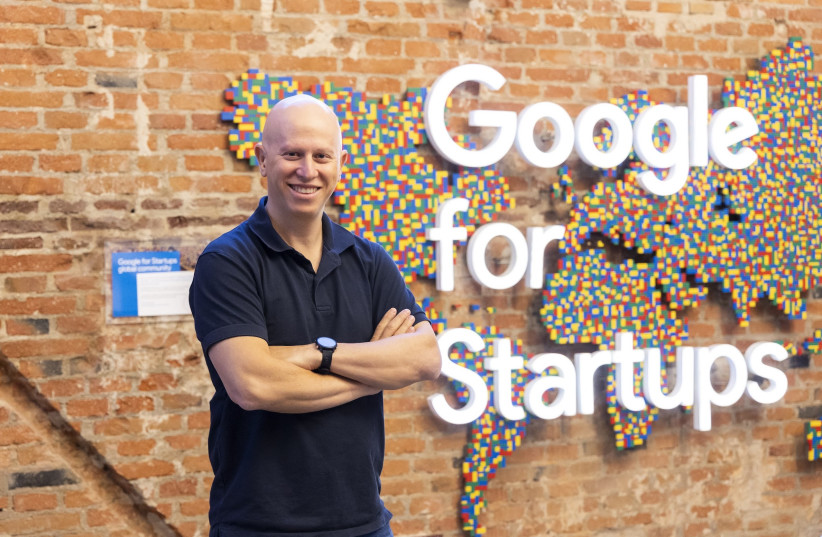A recent study conducted by Google for Startups and the IVC Research Center has shown that start-ups with women among their founders have a greater chance of success and survival than those with an all-male team. Having a woman on the founding team makes a start-up company more resilient in terms of its survivability rate – the chance of the company remaining active after several years. Moreover, companies with women on their leadership team also tend to raise more funds. Over the last decade, it has been shown consistently that management teams made of men and women raise higher median amounts than those raised by teams that consist exclusively of men or women.
Despite these facts, last year, only 22% of start-ups founded in Israel had at least one woman on their founding team.
Marta Mozes, Marketing Manager at Google for Startups, suggests that the solution to the inequity lies in education. “I think that the most important thing is that all of this starts from education from a young age. I think it’s important for women to be exposed to academics, such as STEM, from a young age and to be exposed to other women in positions of power, whether it be the CEO of a multinational or a start-up founder. I think that it’s so important for young girls from the very beginning, because it also influences what they’ll study in university, and, if they’re in Israel, what they’ll do in the army. If we really want to make a big difference and push the needle, it’s best to start from very early on.”

Mozes adds that the IDF plays a significant role in the founding of start-ups. “We often hear that who you served with in the army tends to be who you’ll form a start-up with, or what start-up you’ll be hired to, and that tends to be a very closed ‘boys club,’ because those tend to be the people who are in the units that the start-ups come from. Opening up these worlds and opening up these networks is crucial for the next generations to change.”
Having women role models and mentors, says Mozes, and having the support of female founders and other women in positions of authority and leadership can make a tremendous difference to women in high-tech, who then realize that they too can aspire to such positions.
The importance of leveling the playing field
Yuval Passov, Head of Google for Startups Israel, says that the Google for Startups Campus in Tel Aviv has been working since its inception to level the playing field for all entrepreneurs. “We’ve been working nonstop to promote women entrepreneurs in the ecosystem, and our mission is to level the playing field, allowing start-up founders, male or female, to get the same type of access to technology, to the best mentors, and to the best practices of Google.”
Passov notes that 50% of the founders at the Google Campus are women. “In order to be part of our programs, we want to see diverse groups. This is part of the Google for Startups mission.” The Campus also has a specific program entitled “Growth Academy for Women Founders,” which provides women founders with female mentors from the top Google leadership.
In addition, the Google for Startups Campus hosts numerous nonprofit organizations dedicated to increasing the number of women in high-tech, such as She Codes, Yazamiyot, and VC Academy, among others. The Campus has hosted a number of women entrepreneurs who have become success stories, says Passov, including, among others, Yael Vizel, founder of Zeekit, which developed technology that allows consumers to virtually “try on” clothing when shopping. The company was acquired by Walmart in 2021. “We have the success stories, and all of them become mentors, but we still need to have many more,” he says.
Google is one of the sponsors of the Jerusalem Post Women Leaders Summit, which will be held on Wednesday evening, March 27, 2024, at the Carlton Hotel in Tel Aviv at 6 p.m. Mozes says that putting women on stage to discuss their roles in high-tech and provide networking opportunities is a welcome development that needs to be encouraged. “It’s something that continuously needs to be spoken about and seen, and only then will real change happen,” she says. “We should be proud of the strides that have been made. Although there’s a long way to go, we still should acknowledge that we have come a long way. Moments like these are important and beneficial.”
In the context of the moment, Passov concluded, “Post October 7, one thing is certain. We need more woman entrepreneurs, and more male entrepreneurs who are ready to work alongside them.”
Watch the Women Leaders Summit on March 27, 2024, at 7 p.m. on Jpost.com.
